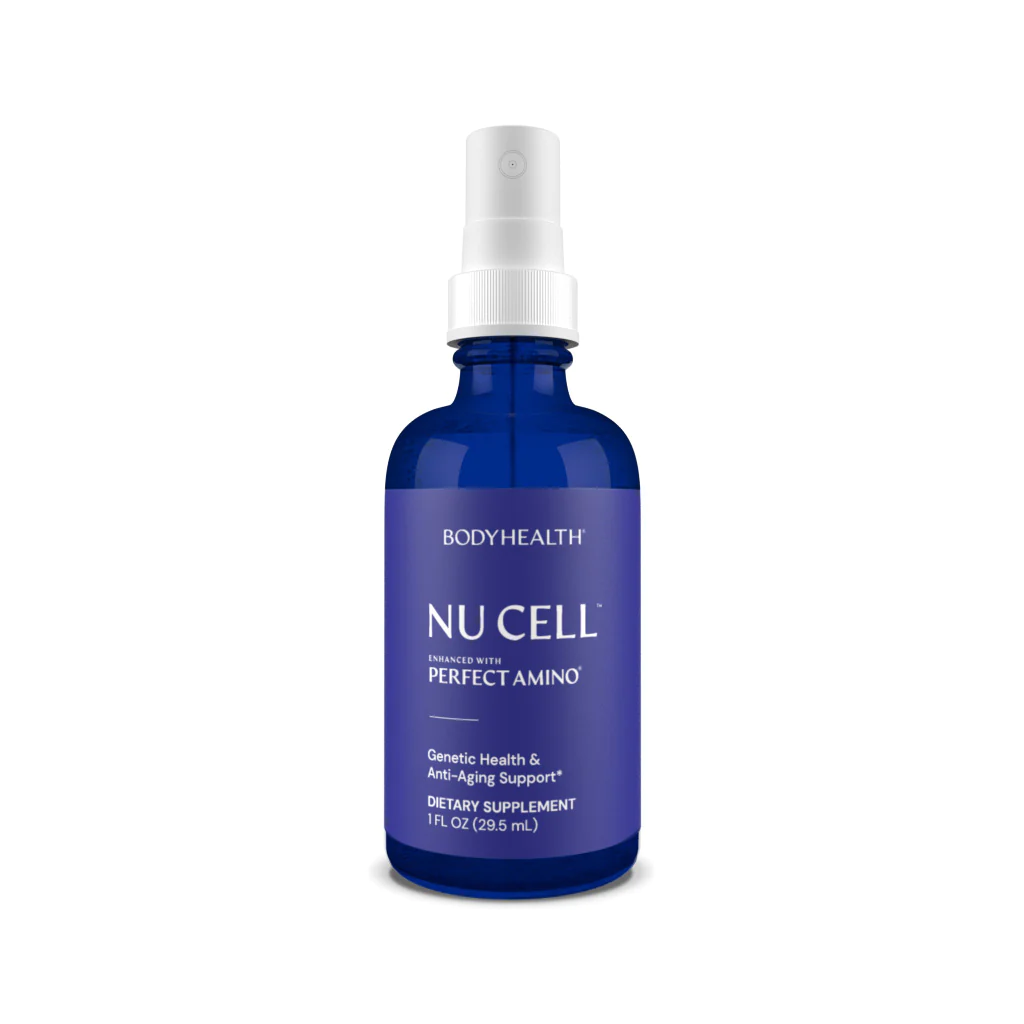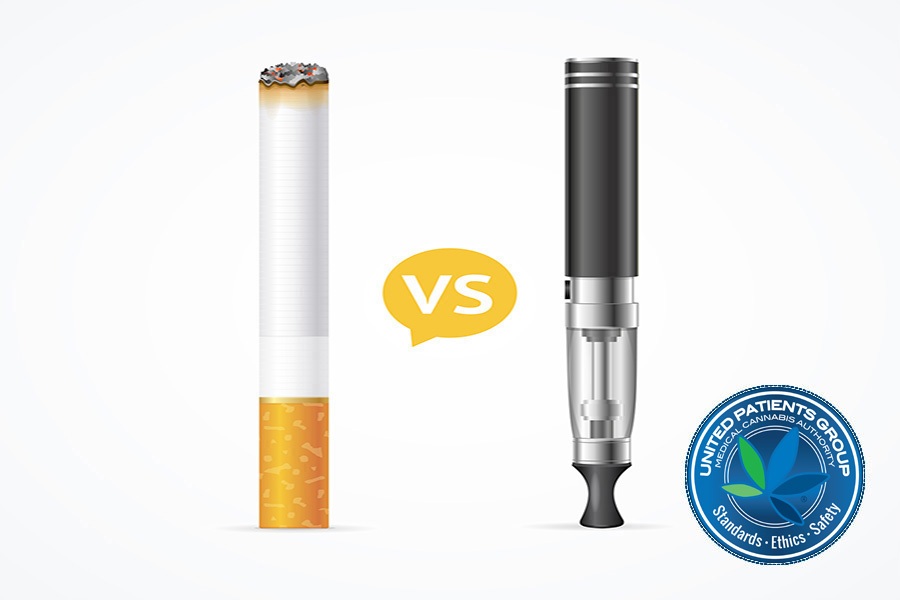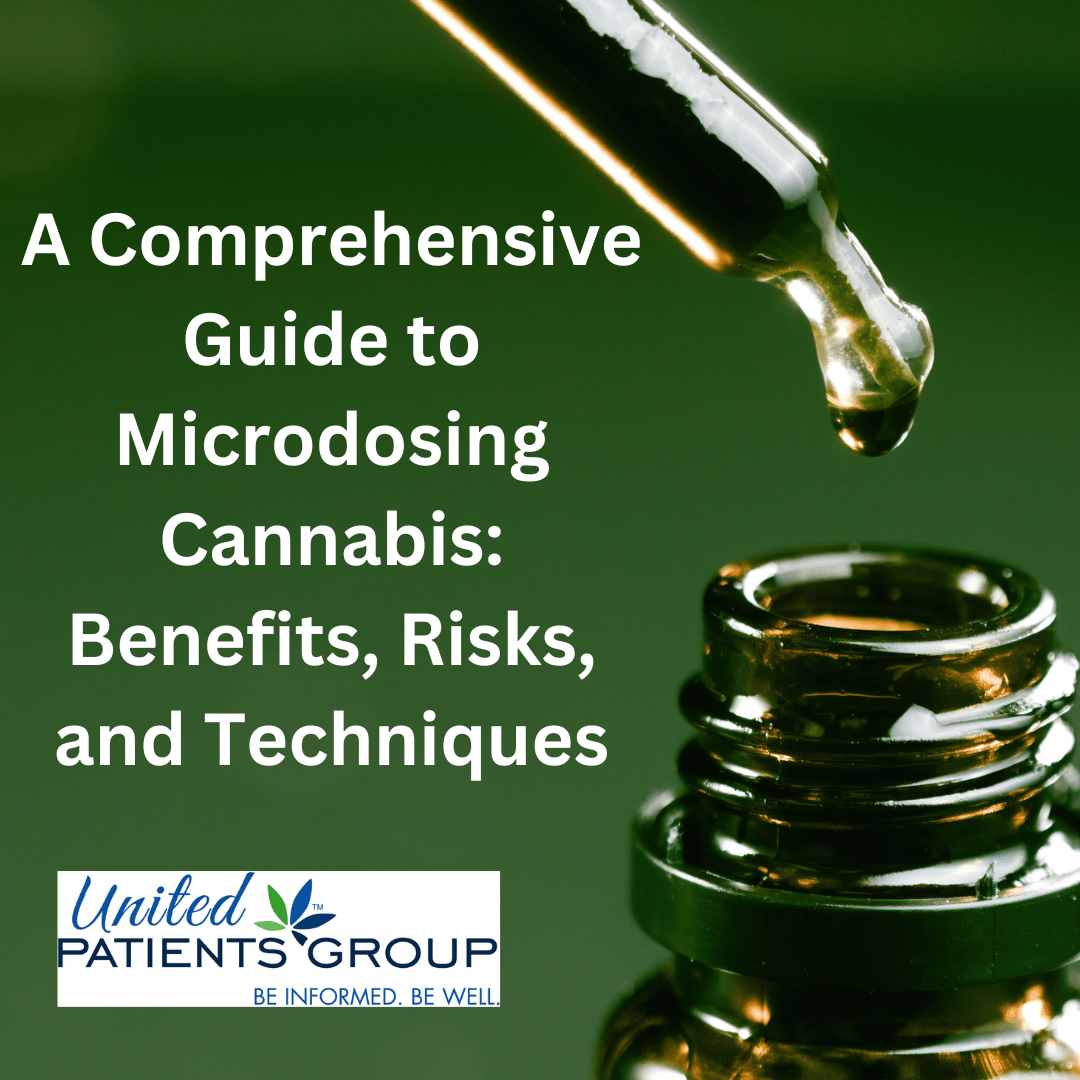Article Topics
How Stress Impacts Your Body
Introduction
Stress is a normal part of life. It’s how our bodies and brains respond to changes in our environment, whether they’re positive or negative. But when stress becomes chronic—when it goes on for more than three months—it can have serious health consequences. Chronic stress has been linked to everything from heart disease and depression to anxiety disorders and autoimmune diseases to cancer. The good news? Simply knowing the effects of chronic stress can help you avoid them.
The following are just some of the ways that chronic stress impacts your body:
The brain
- It can cause depression, anxiety, and other mental health problems.
- Stress can affect memory and learning.
- It increases the risk of dementia in older people by as much as 50%.
- Chronic stress may contribute to insomnia or other sleep disorders.
- Stress also affects your metabolism: People who are under chronic stress tend to gain weight more readily than others do.
The hair
You may not realize it, but your hair can offer some clues about how well you’re managing stress. Stress can cause hair loss, gray hairs and thinning hair. If you are experiencing excessive shedding or notice that your hair feels brittle or breaks easily, then it may be time to take a closer look at what’s going on inside of your body.
If nothing else, regular trips to the salon make it easier to recognize changes in your appearance when they happen—but if you’re noticing something different about your stresses lately without any explanation as to why, don’t hesitate to ask for help!
The lungs
Stress can cause asthma, chronic obstructive pulmonary disease (COPD), and other respiratory problems. Stress may also lead to changes in the way you breathe:
- Breathing more shallowly
- Breathing more quickly
- Breathing more irregularly
Muscles
Your muscles are among the largest organs in your body. They help you move, stand up straight, and keep good posture. When you’re feeling stressed, your muscles may tense up as a result of stress hormones that affect how they contract. This can make it harder for you to move around or do the things you enjoy doing—and it could even cause muscle pain and headaches.
Tensing up can be normal for some people when they’re stressed out about something like a test coming up at school or another situation where there’s pressure on them to perform well under pressure. If this happens often enough, though (or if certain types of tension become chronic), then it could lead to more serious problems like headaches or back pain over time because these tissues aren’t built for long-term use without proper care!
Some ways that people try to relax their bodies include stretching exercises (such as yoga poses), massage therapy sessions with trained professionals who know how best practice techniques such as deep tissue massage therapy using oils
The heart
The heart is a muscle and it’s affected by stress the same way any other muscle in your body would be. Your heart rate, or how fast your heartbeat is, can increase when you’re stressed. Likewise, blood pressure—the force of blood against artery walls—is also likely to rise during times of high stress.
This can have serious health consequences because high blood pressure and increased heart rate are known risk factors for cardiovascular disease (CVD), which includes: coronary artery disease (when plaque builds up in the arteries that supply oxygen-rich blood to the heart); peripheral arterial disease (poor circulation in your arms and legs); stroke; high cholesterol levels; abnormal heart rhythms; congestive heart failure; arrhythmia
The gut
Stress can also have an impact in the gut. A study published in the journal Gut found that stress was associated with gut inflammation and a greater likelihood of developing irritable bowel syndrome (IBS) or other digestive problems.
Some people may experience constipation or diarrhea as a result of stress, whereas others may find that their bowels become more sensitive to certain foods—such as those containing gluten or lactose—when they’re stressed out.
The endocrine system
- The endocrine system is made up of glands that release hormones, which help control many functions in your body.
- The pituitary gland releases thyroid-stimulating hormone (TSH), which tells your thyroid to produce the right amount of hormones.
- Stress can cause a hormone imbalance, leading to a variety of health problems like diabetes, high blood pressure and thyroid disorder.
The skin
Your skin is the largest organ in your body and it’s not just there to keep you from being naked. Skin serves as a protective barrier, helps regulate temperature and provides nutrients to the rest of your body. Stress can cause skin conditions like acne, psoriasis, eczema and dermatitis (inflammation of the skin).
Stress also affects hair on your head by making some people more likely to lose their hair or grow more than usual. Hair loss can be caused by the stress hormone cortisol which causes inflammation in the body which reduces circulation to follicles. The result is weak strands that fall out easily when they’re pulled too hard or rubbed against something too much (think of pulling out a loose thread). On the other hand if someone has an overabundance of stress hormones they could find themselves growing more hair than usual–usually on their face!
Chronic stress can impact every organ and system in your body, including your skin.
- Stress can cause acne, eczema and psoriasis.
- Stress can make you lose your hair.
- Stress can cause muscle pain and tension headaches.
- Stress can lead to digestive problems such as stomach upset or diarrhea, or heartburn.
- Chronic stress may also be a risk factor for high blood pressure, stroke and type 2 diabetes — both of which put you at risk for heart disease.
- Chronic stress is also linked with depression and anxiety disorders — two mental health conditions that are prevalent in the U.S., particularly among young people who are facing multiple sources of distress (e.g., relationship conflict; money trouble; school-related issues).
Here are some safe and tested options to look at:
- Healix Infrared Sauna Blanket – Promo Code UPG for $40 Off
Here are some Safe and Tested Probiotic Products (Use Promo Code UPG for discount)
You can find more trusted products here.
Here are some Safe and Tested Cannabis/CBD Products (Use Promo Code UPG for discount)
You can find more trusted brands and products here.
Conclusion
As you can see, stress impacts more than just your mental health. It affects every organ and system in your body, including your skin. But there is good news: studies have shown that mindfulness meditation can reduce the effects of chronic stress on the mind and body. If you’re struggling with any of these issues and want help managing them, we encourage you to reach out!
Breathe…







































Leave a Reply Cancel reply